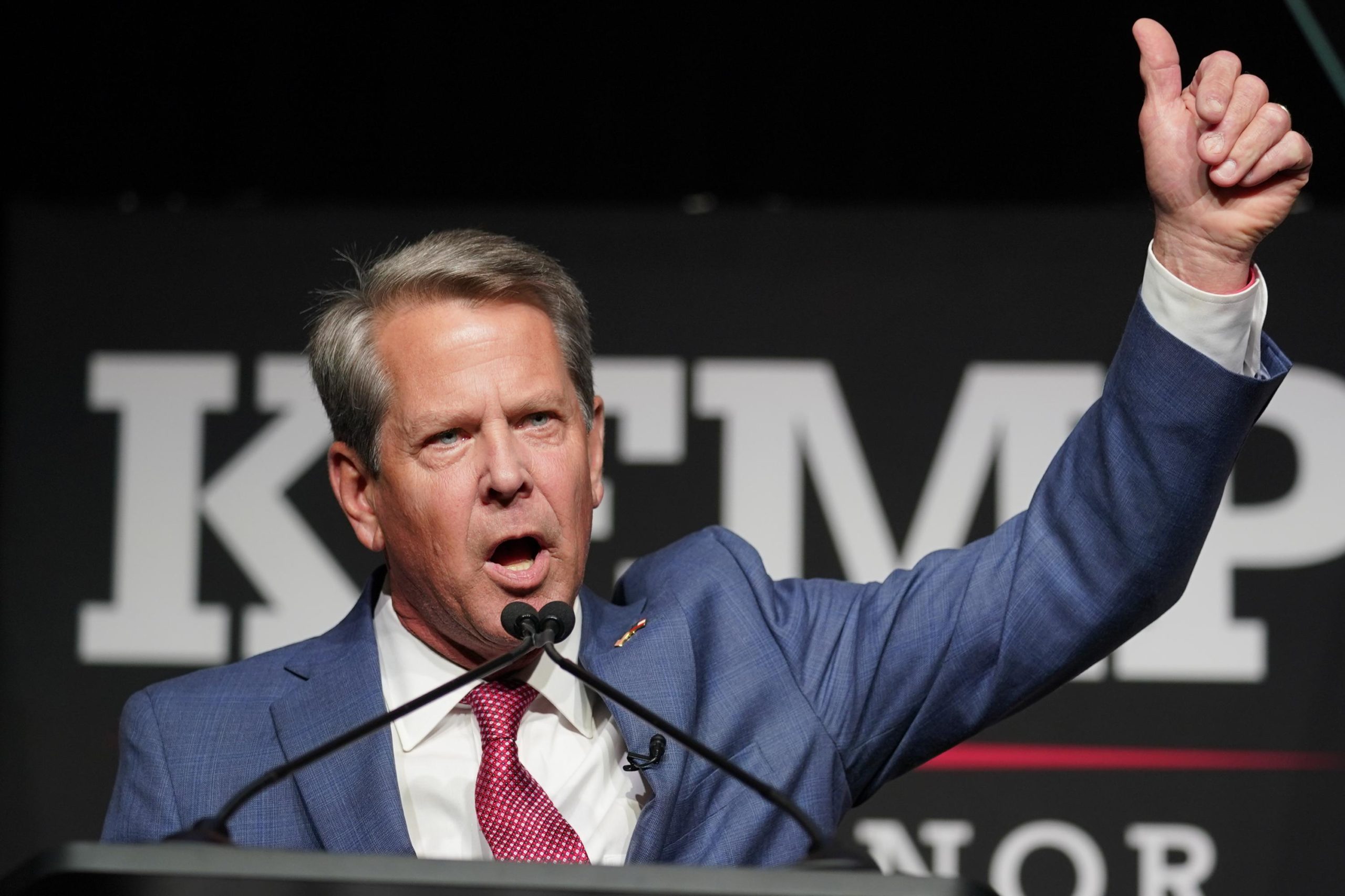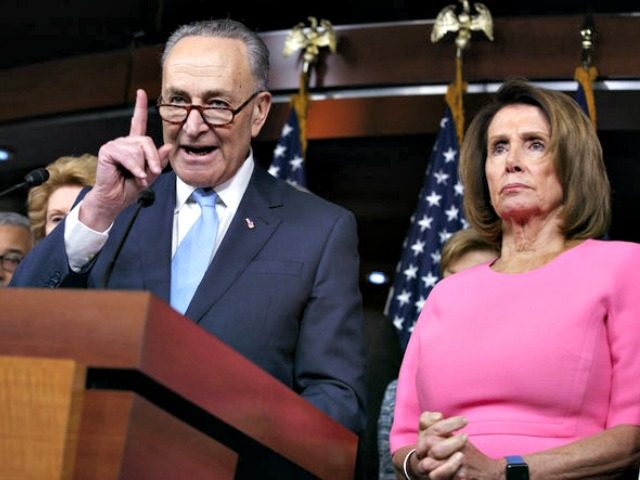By: Nathan Williams
In the political world, few things are finite.
American politics are pervasively unpredictable, and as history consistently suggests, political victories – and failures – are usually only temporary. The only overwhelming certainty is the perpetual vice of change.
The Republican Party is a prime example.
Republicans have already begun to show signs of resilience after suffering a debilitating defeat in the 2012 national election. At the recent GOP retreat in Virginia, legislators from all factions unified to identify ways they can improve as a party. Republican National Committee Chairman Reince Priebus – who will play a cardinal role in reshaping the party – quipped shortly after his reelection in January that “the task before us is transforming the party — to be a force from coast to coast,” as he outlined his prerogatives for what will likely be a tenure of reflection, recalibration and reinvigoration.
The party is rightfully undergoing a renovation period. Party leaders recognize that conservative principles aren’t losing elections for Republicans – Republicans are. Improving communication and refining campaign rhetoric have been identified as paramount benchmarks towards expanding party inclusivity. Priebus concisely articulated, “I think we should just stop talking about reaching out, and start working on welcoming in.” Leaders are also beginning to recognize that today’s issues must be addressed through the lenses of reality – not through absolute congruence with traditionalism. To make these renovations nationally palatable, the GOP must respond to the reality that America’s views are evolving. Responding to this change doesn’t require abandoning moral or ethical principles, but it does require acceptance. And fundamentally, the party must elude the menial obstructionist image by both constructing and supporting bipartisan policies.
A brand of “new conservatism” with the potential to appeal to new demographics – built similarly to the coalition organized by then-California Governor Ronald Reagan during his presidential campaign in 1980 – will emerge if the aforementioned prerogatives are tactfully developed and executed with precision. The GOP simply needs to repeat history.
Republicans can no longer be paralleled to a sinking ship sailing without a captain because the next generation of leadership is competent, robust and even diverse. This new cohort of talent brims with intellectuality and youth – a balanced blend of pragmatism and innovation – with the ability to create and ignite galvanizing change. The GOP leadership acknowledges they must employ the potential of three rising national figures if the party’s bright future is to become manifest. These three politically courageous leaders – Senator Marco Rubio (R-Fla.), Congressman Paul Ryan (R-Wis.), and Louisiana Governor Bobby Jindal – are the future of the Republican Party. Here’s why:
Senator Marco Rubio – The freshman senator from Florida is a reality-based legislator widely regarded as the “prince” of Tea Party. The Cuban-American conservative is the party’s chief delegate working to draft a comprehensive immigration reform bill that provides U.S. legal status to millions currently living in the country illegally, invests in those with high degrees of education, and offers a redesigned guest worker program to those seeking seasonal employment. The GOP acknowledges the importance of seizing this initiative’s momentum, since the American Hispanic population is growing at a rate that outpaces that of any other ethnic group – and typically votes Democrat. . Former presidential nominee Sen. John McCain (R-Ariz.) concedes that without passing immigration reform, the Republican Party could risk “indefinite Hispanic defections” which would severely limit the GOP’s national competitiveness in future elections. Today’s hyperpolarized political climate limits the art of compromise, but Rubio’s plan has attracted bipartisan support. Led by Rubio, the Gang of Eight appears to have drafted a viable blueprint that legislators from both parties can get behind. Rubio, a promising, youthful senator with unclouded ambition and Reaganesque communication skills, could be a very attractive general election candidate should he run in 2016.
Congressman Paul Ryan – The former 2012 Vice Presidential Nominee is the de facto leader of the Republican Party. Congressman Ryan represents the party’s conservative faction as the leading crusader battling to restore our country’s fiscal accountability. Washington insiders suggest the GOP superstar is the most powerful and influential Republican in Congress under House Speaker John Boehner. The fiscal policy wonk is already constructing a new budget plan, similar to the Path to Prosperity plan that he authored, which balances the federal budget by 2024. Ryan led his party to victory in the 2010 mid-term elections alongside fellow “Young Guns” Kevin McCarthy (R-CA) and Eric Cantor (R-VA), demonstrated altruistic leadership during the fiscal cliff debate, and will likely play a critical role in the upcoming national deficit debates by fiercely advocating spending cuts. Congressman Ryan is a well-respected intellectual who knows how to navigate congressional waters and get things done. The popular reformer is poised to become a formidable presidential candidate in 2016 should he decide to run. Regardless, he will likely remain a valuable asset to the GOP in years to come.
Governor Bobby Jindal – The Louisiana Governor seeks to renew the Republican Party by offering innovative solutions without forcing the GOP to “abandon, moderate, equivocate or otherwise change.” He has harshly criticized the current GOP and suggested that Republicans need to “stop being the stupid party.” Last December, Governor Jindal shocked many by supporting a solution to end “birth control politics.” In a Wall Street Journal editorial, Jindal suggests offering birth control over the counter that will limit the need for abortions and combat the notion that Republicans oppose contraceptives. His enigmatic approach towards the contentious issue perhaps signals that the GOP is ready to accept the changing tide of public opinion and move past Roe v. Wade related politics. If he’s eyeing a White House bid in 2016, he can become a competitive contender should he play his cards right.
The Republican Party must renew itself before the next election cycle or face the prospect of repeating history – recent history. To catalyze the renovation process, Republicans should consider following former Democratic President Bill Clinton’s lead. Radical ideologies dominated the Democratic Party in the 1980s with split factions similar to that of the current GOP. The country rejected their unprincipled presidential nominees three times before a charismatic party reformer managed to pull the caucus towards the center by creating the age of the “New Democrat.” After his election, President Clinton then adopted the governing strategy of triangulation – essentially crafting legislation capable of attracting bipartisan support. He moved to the middle without sacrificing principle. History will reward him.
The country’s most influential leaders have often rose to national prominence after galvanizing, reformulating and even reinventing the political parties that nurture their candidacies. Leaders have proven that responsible coalition building is the key formula for national success – and that parties on the brink of collapse can be revived.
Again, the only overwhelming certainly in American politics is the perpetual vice of change. If the conditions are right and the necessary prerequisites are met, the 2016 presidential nominee will have a grandiose opportunity to redefine conservatism.
How does the GOP accomplish this? Significant moments in history have occurred when the timing was ripe – but each required a spark. A brand of “New Conservatism” can be that spark. The GOP simply needs to repeat history – while moving forward.

